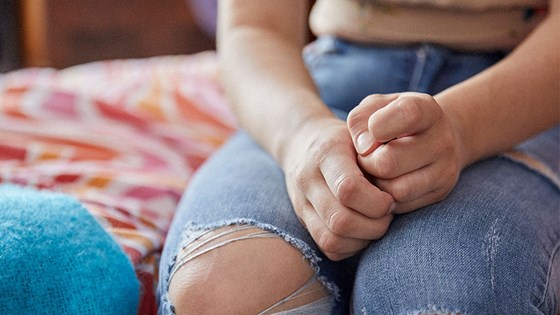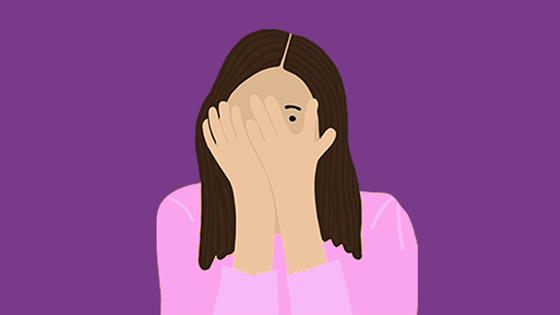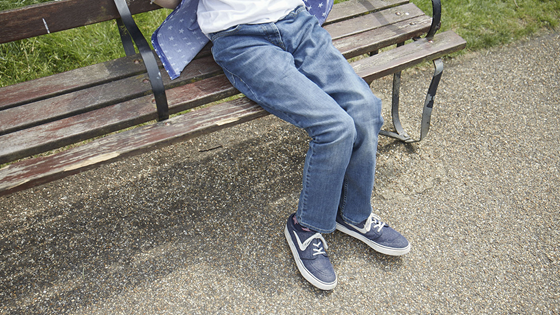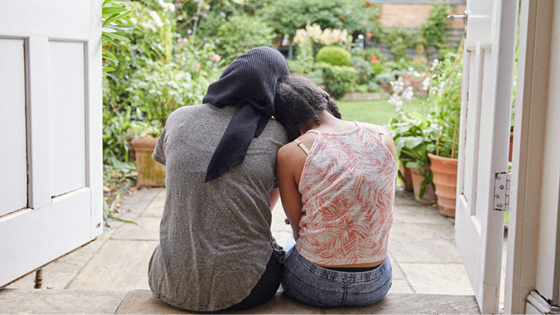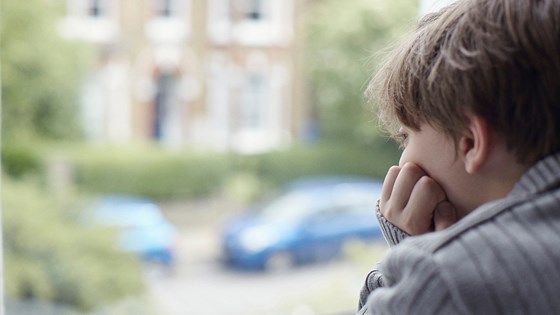Child trafficking is when young people are tricked, forced or persuaded to leave their homes and are moved and then exploited, forced to work or sold. Child trafficking and exploitation are types of child abuse.
Children and young people can be trafficked into the UK from other countries, and also within the UK. They could be moved to a different country or even within the same town or village. Traffickers could work alone, be part of a small group or a large organised group.
If you’ve experienced child trafficking and are being exploited it can be really hard to recognise what’s happening. You may feel trapped and like you have to do something you’re uncomfortable with or don’t want to do.


